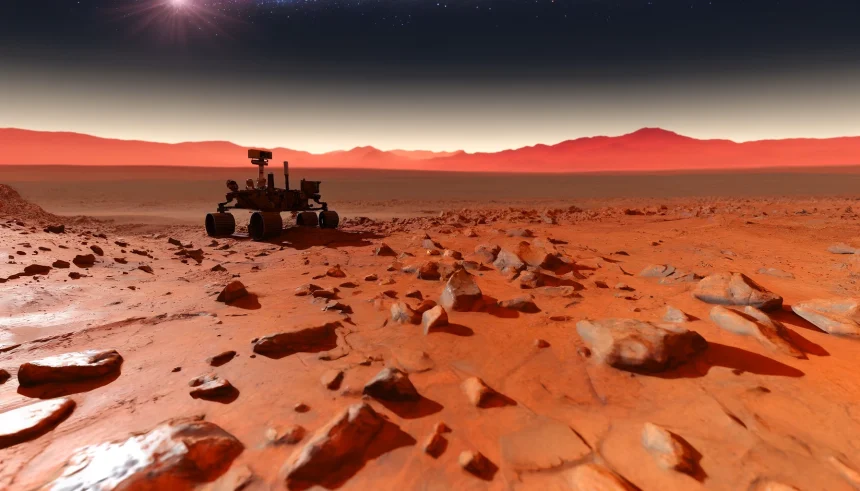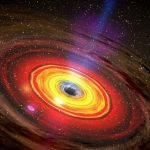The abundance of solar system objects has long fascinated scientists, but the fragmented data has posed significant challenges. The Solar System Open Database Network (SsODNet) aims to streamline this by aggregating information into a single, easily accessible repository. By doing so, it facilitates more efficient research and opens up opportunities for new discoveries. This initiative, spearheaded by the Observatoire de Paris, could revolutionize how data on celestial bodies is managed and utilized.
Efforts to gather and centralize data on solar system objects have seen various approaches over the years. Previous attempts often relied on multiple databases and manual data collection, making comprehensive research a daunting task. The SsODNet project distinguishes itself by integrating machine-readable tools and standardizing object names. This ensures consistency and ease of use, which were significant challenges in earlier efforts.
Earlier projects also lacked the commitment to regular updates, a gap that SsODNet addresses with its promise of weekly and monthly data refreshes. These updates will incorporate new findings, ensuring that the database remains current and valuable for ongoing research. The collaborative nature and continuous development of SsODNet stand in stark contrast to previous static databases.
Boosting Research Accessibility
The SsODNet project promises to make solar system research more accessible by lowering entry barriers. Data scientists believe that simplifying the data collection process will enable more scientists to participate in research.
“Ease of access to data can lower barriers to entry into the field of researching solar system objects (SSOs), allowing more people to participate in that research,”
the team asserts.
Machine-Readable Tools
Incorporating machine-readable tools, such as standard machine-interfacing protocols and a Python interface called “rocks,” SsODNet aims to speed up research processes. These tools allow for efficient query handling and data analysis, saving researchers considerable time. The database includes detailed parameters like diameter, taxonomy, and thermal inertia, crucial for understanding the characteristics of SSOs.
Future Developments
Currently, the database mainly focuses on asteroids, but future updates will include comets, satellites, and planets. The developers have also committed to maintaining and updating the database regularly.
“The authors have committed to updating the database with new SSO data weekly and releasing major monthly updates to the other applications,”
the team stated.
The SsODNet project represents a significant advancement in the field of solar system research. By centralizing and standardizing data, it not only makes research more efficient but also more inclusive. Researchers can now access a wealth of information without the cumbersome task of data gathering, allowing them to focus on analysis and discovery. This aggregation of data also means potential threats or economically valuable objects could be identified more swiftly.










